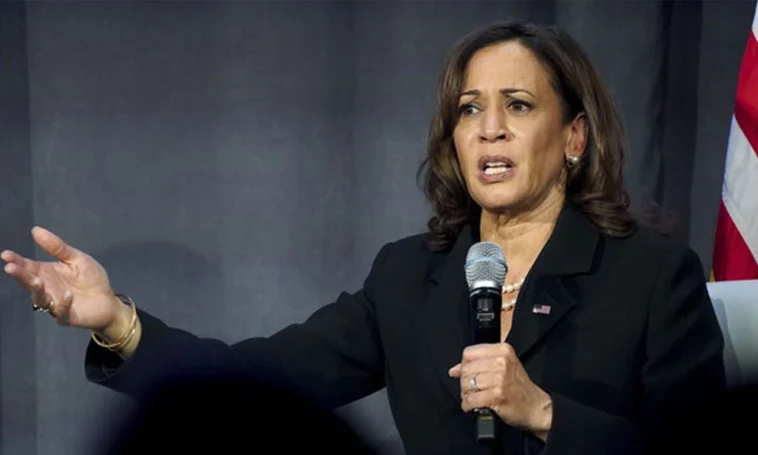Kamala Harris hints at ‘concequences’ for Israel if Netanyahu attacks Rafah. Harris cautions that consequences could ensue for Israel if Netanyahu chooses to initiate an invasion of Rafah, emphasizing the significance of considering the consequences before taking action.
As tensions escalate in the region, the international community watches closely, with many urging for restraint and diplomatic solutions to avoid further bloodshed. The situation in Rafah highlights the complex geopolitical dynamics at play, with the United States finding itself in a delicate position as it navigates its relationship with Israel while also seeking to uphold its commitment to human rights and international law.
The statements from Vice President Kamala Harris signal a firm stance against a potential Israeli invasion of Rafah, emphasizing the Biden administration’s concerns about the humanitarian impact and the need to protect civilians. By not ruling out consequences for Israel, Harris sends a clear message that any unilateral military action would have repercussions, although the nature and extent of those consequences remain undefined.
Meanwhile, Israeli Prime Minister Benjamin Netanyahu’s determination to proceed with an invasion underscores Israel’s security concerns and its perceived need to confront Hamas in Rafah.
“Netanyahu appears to be just flat out ignoring President Biden’s warning about an offense in Rafah. Is that a red line for your administration?” ABC’s Rachel Scott asked. “We’ll think about it,” Harris responded.
The proposed high-level delegation meeting between Israeli and White House officials offers a glimmer of hope for diplomatic engagement and a potential resolution to the crisis. Both sides may seek to find common ground and explore alternative strategies that address Israel’s security needs while minimizing harm to civilians in Rafah. However, the success of such talks hinges on the willingness of all parties to compromise and prioritize peace over military escalation.
In the broader context, the situation in Rafah underscores the ongoing challenges facing the Israeli-Palestinian conflict and the elusive quest for a sustainable peace agreement. Decades of conflict, occupation, and failed negotiations have left deep scars on both sides, exacerbating mistrust and perpetuating cycles of violence.
The plight of Palestinian civilians in Rafah, caught between the crossfire of armed groups and military forces, highlights the urgent need for a comprehensive and inclusive peace process that addresses the root causes of the conflict and respects the rights and aspirations of all parties involved.
As the international community grapples with the crisis in Rafah, diplomatic efforts must prioritize de-escalation, humanitarian assistance, and long-term conflict resolution. This includes renewed engagement with regional stakeholders, support for Palestinian state-building efforts, and a commitment to upholding international law and human rights principles. Only through sustained dialogue, cooperation, and a genuine commitment to peace can the cycle of violence be broken, and a brighter future for Israelis and Palestinians alike be realized.
Read More:




2 Comments
Leave a Reply2 Pings & Trackbacks
Pingback:Kamala Harris Incorrectly States NCAA Women's Tournament Was Excluded from Brackets Prior to 2022 - Hard Knock News
Pingback:Netanyahu reportedly unhappy with Harris over her remarks on Israel - Hard Knock News
Join the Community and Be a Part of the Conversation
You must be logged in or registered to post a comment.